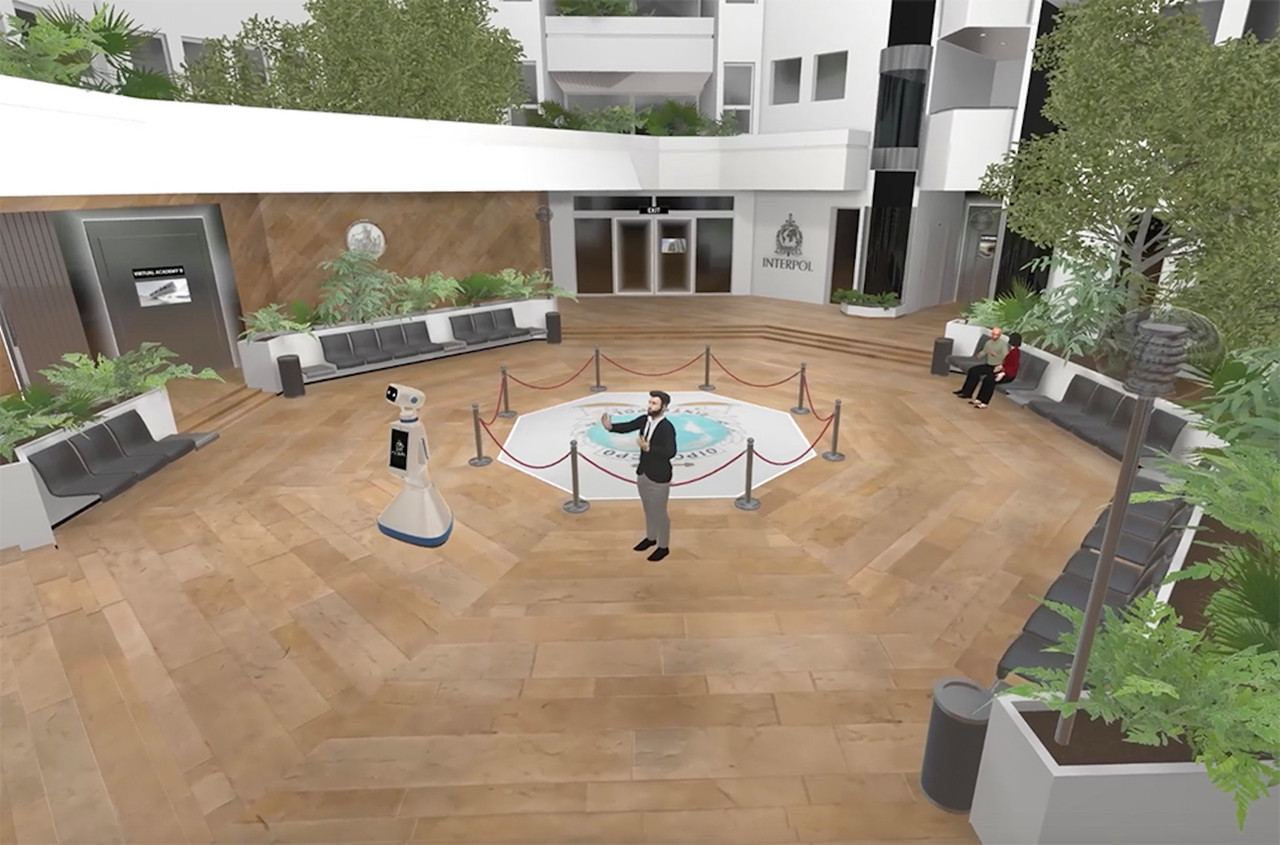The metaverse, a world of geeks and gamers? Until yesterday, yes. Then, in the middle of Interpol's General Assembly in Delhi, the world's police organisation announced the launch of its own metaverse. It is to allow "registered users to visit a virtual facsimile of the Interpol General Secretariat headquarters in Lyon, France, without geographical or physical boundaries, interact with other officers via their avatars, and even undergo immersive training in forensic investigation and other policing capabilities.”
Criminals are already beginning to exploit the metaverse, notes Interpol, which cites the World Economic Forum, Meta, Microsoft and other partners in an : social engineering scams, violent extremism and disinformation could be particular challenges. As the number of metaverse users grows and the technology develops, the list of possible crimes will only expand to potentially include crimes against children, data theft, money laundering, financial fraud, counterfeiting, ransomware, phishing and sexual assault and harassment.
Ransomware and phishing in force within five years
More than 60% of respondents in ranked crimes such as money laundering, ransomware, phishing and online scams as high or very high threats. In addition, over 70% expected crimes such as ransomware and phishing attacks to increase significantly over the next three to five years.
Read also
"By identifying these risks early on, we can work with stakeholders to shape the necessary governance frameworks and block future criminal markets before they are fully formed," said Interpol's executive director of technology and innovation, Madan Oberoi. "Only by having these conversations now can we build an effective response."
In a live demonstration, experts from Interpol's Capacity Building and Training Directorate delivered a training course on travel document verification and passenger screening using Interpol's capabilities in a 'metaverse' classroom. The students were then teleported to an airport where they were able to apply their newly acquired skills at a virtual border crossing.
This article was first published in and has been translated by Delano.
